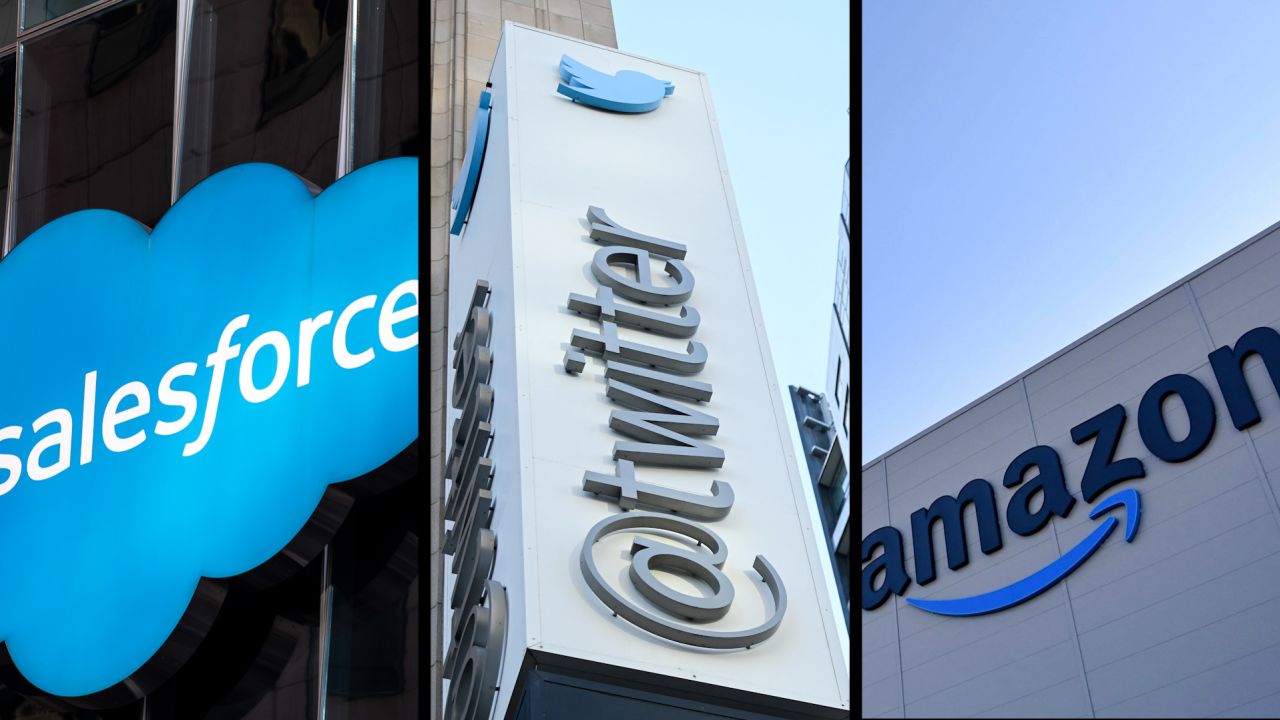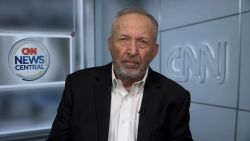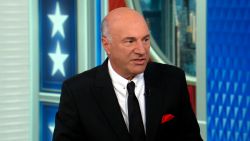A version of this story first appeared in CNN Business’ Before the Bell newsletter. Not a subscriber? You can sign up right here. You can listen to an audio version of the newsletter by clicking the same link.
Big Tech earnings are here, and investors are hoping they don’t wreck the good vibes on Wall Street.
Markets are coming off of one of their worst years in history, but have been positive in the first few weeks of 2023. Three giant tech earnings reports this week — Microsoft (MSFT), Tesla (TSLA)and Intel (INTC) — could change that.
What to expect: Microsoft lost $737 billion in market value last year, the third largest decline of any company in the S&P 500. Last week, it announced it would lay off 10,000 employees and take a $1.2 billion charge related to those job cuts in its second quarter, impacting earnings by 12 cents per share.

But investors cheered Microsoft Monday, after it confirmed that it’s making a “multibillion dollar” investment in OpenAI, the company behind the viral new AI chatbot tool, ChatGPT. Wall Street sent the stock up about 1%. But that doesn’t mean the company’s fourth-quarter earnings report later on Tuesday will be pretty.
Wall Street expects Microsoft earned $2.30 per share on revenue of $52.99 billion. In the year-ago quarter, earnings were $2.48 per share on $51.73 billion in revenue.
On Wednesday, Tesla will report earnings after the bell.
Shares of the company fell to a 52-week low of around $101 last month, but since then the stock has soared more than 40% to $144, even as Tesla released a lighter-than-expected numbers for fourth-quarter production and deliveries. Investors have been concerned that CEO Elon Musk may be stretched too thin by his acquisition of Twitter, and may have to finance the $44 billion purchase by selling off more Tesla stock.
Still, Wall Street expects Tesla’s earnings to grow, if not at the explosive pace of the past few years. It is forecasting Tesla to earn $1.14 per share on revenue of $24.22 billion. Last year, the company reported 85 cents per share on revenue of $17.72 billion.
Intel will follow with earnings on Thursday afternoon.
The chipmaker’s stock declined 50% in the last 12 months and it is contending with continued supply shortages, recession risks and weakening demand.
Intel is expected to earn 20 cents per share on revenue of $14.48 billion. In the year-ago quarter, earnings were $1.09 per share on revenue of $19.53 billion.
The big picture: The largest tech companies learned an important lesson last year — the only thing harder than getting to the top is staying there.
The sector was a popular safe haven for traders during the height of the pandemic. In 2021, the combined yearly revenue of Amazon, Apple, Alphabet, Microsoft and Facebook (now Meta) was $1.2 trillion — 25% higher than it was pre-Covid.
As businesses shut down and people — cut off from the physical world — retreated more deeply into their digital lives, tech stocks soared. Apple had so much cash on hand it ended up buying $90 billion of its own stock back. Eight of the 10 richest people in the world made their money from tech.
Now, there’s been a reversal of fortunes. High inflation and interest rates took a big bite out of tech companies that expected pandemic-era growth to continue on into the future. As a result, tech’s share of total S&P 500 value is shrinking: Apple (AAPL) and Amazon (AMZN) each lost more than $830 billion in market cap in 2022.
Heading into 2022, just four names — Microsoft, Apple, Amazon and Google — made up about 22% of the entire S&P 500. Today that number is closer to 17%.
That downward trend is likely to continue, say analysts.
The sales growth of those mega-cap tech stocks between 2010 and 2021 averaged out at an annualized rate of 18% while the overall growth of the S&P 500 was just 5%. Analysts at Goldman Sachs predict that tech growth will slow to 9% between 2021 and 2024 while the sales growth of the overall S&P 500 reaches 7%.
One big year: Citadel’s $16 billion haul smashes hedge fund records
It’s fairly clear that last year wasn’t great for most investors. But some on Wall Street (and in Florida) managed to defy the odds.
Citadel is now the most successful hedge fund ever after it made $16 billion last year — the biggest annual windfall on record, reports my colleague Anna Cooban.
The Miami-based fund, founded and run by Ken Griffin, topped the 2022 ranking of the world’s best-performing hedge funds based on estimates from LCH Investments NV.
Citadel’s record-breaking performance last year took total gains for the fund since its inception to nearly $66 billion. That knocked Ray Dalio’s Bridgewater — with gains of $58.4 billion — off the top spot for the first time in seven years.
Dalio’s fund made $6.2 billion last year, bringing total assets under management to $81 billion. Citadel manages $62 billion in assets.
How did they do it? The answer is pretty vague.
Rick Sopher, chairman of LCH Investments, said in a press release on Monday that Citadel does not rely on an investment strategy tied to rising asset prices, and has “multiple sources of profits,” two factors which may explain its record gain despite a volatile ride for markets last year.
It’s not about any one trade, Citadel deals in everything from equities to commodities and also made money in its fixed income and macro, quant and credit strategies.
Citadel told CNN that it would not comment on a story related to its performance.
More layoffs are on the way, say business economists
The future’s looking fairly glum for the American workforce: Most business economists expect their companies to cut payrolls in the coming months, according to a new survey released Monday.
Just 12% of economists surveyed by the National Association for Business Economics (NABE) anticipate employment will increase at their firms over the next three months, down from 22% this fall.
The share of economists expecting payrolls to decline at their companies ticked up to 19%, according to the survey, reports my colleague Matt Egan.
NABE said this is the first time since 2020 that more respondents anticipate shrinking, rather than growing, employment at their firms.
The findings indicate “widespread concern about entering a recession this year,” Julia Coronado, president of NABE and president of MacroPolicy Perspectives, said in the report.
A flurry of layoffs have hit the economy in recent weeks, including those announced on Monday by Spotify. That follows even deeper job cuts last week by Alphabet and Microsoft.
The bottom line: Despite the layoffs, government statistics paint the picture of a historically strong jobs market. The unemployment rate is tied for the lowest level since 1969 and initial jobless claims unexpectedly fell to 15-week lows.


























